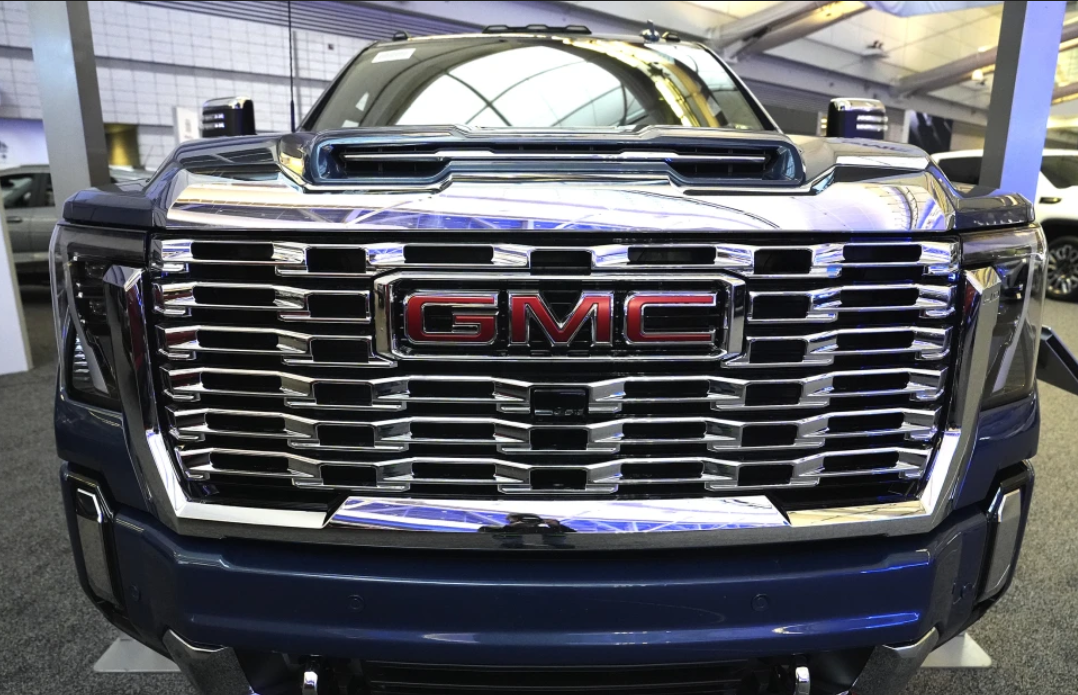Shares of major automakers dropped after President Donald Trump announced plans to impose a 25% tariff on imported vehicles. Automakers have spread their supply chains and production facilities across North America, meaning that many car parts and production steps cross borders. This new tariff will raise costs for manufacturers to produce their cars and trucks.
The tariffs are set to take effect on April 3.
According to Joseph Spak, an analyst at UBS, if the tariffs remain in place, vehicle prices are expected to rise to offset the additional costs.
General Motors saw a 6.8% decline, and the company may be particularly vulnerable to these tariffs. Analysts at JPMorgan note that GM sources around 40% of its vehicles sold in the U.S. from Mexico and Canada, making it one of the most exposed automakers.
Ford’s stock dropped by 2.1%, but it is less vulnerable to the tariffs since less than 10% of its vehicles are sourced from outside the U.S., according to JPMorgan.
Stellantis, a company based in the Netherlands with major manufacturing operations in North America, saw its shares decline by 2.3%.
Shares of Honda, traded in the U.S., fell by 2.2%, while Toyota’s U.S.-traded shares dropped by 2.5%.
Tesla was an exception, as all the cars it sells in the U.S. are made domestically. As a result, its stock rose by more than 3%. However, despite this increase, Tesla’s shares are still down over 30% this year due to weak sales in key markets.
Auto parts suppliers also saw declines. Autoliv dropped by 3.7%, Aptiv fell by 5.7%, and Gentex decreased by 2.3%.
Consumers are already dealing with near-record high car prices. As of February, the average price of a new vehicle was $48,039, according to Cox Automotive’s Kelley Blue Book, not far from the record high of just under $50,000 set in late 2022.
Additional car ownership costs, such as insurance and repair expenses, have continued to rise into 2025. These costs are contributing to ongoing inflation, which remains stubbornly high. Economists are concerned that the new tariffs could further drive inflation, as consumers grow more anxious about high prices and the overall economic outlook.
Automakers have been preparing for tariffs ever since Trump initiated the trade war with key trading partners in early February. Companies like General Motors have worked to increase their inventory in the U.S. to mitigate the impact of any potential tariffs.
Paul A. Jacobson, General Motors’ CFO, discussed the broader implications of permanent tariffs during a conference in February, noting that if tariffs become permanent, companies will have to reconsider plant allocations and possibly relocate facilities.
Trump has stated that the latest round of auto tariffs will be permanent, arguing that they will encourage automakers to build more factories within the U.S.
Jacobson added that while the market is already factoring in the impact of tariffs and reduced profitability, the situation could worsen if automakers have to invest billions in capital and the tariffs are then removed. He emphasized the challenge of constantly shifting business strategies in response to unpredictable changes.














